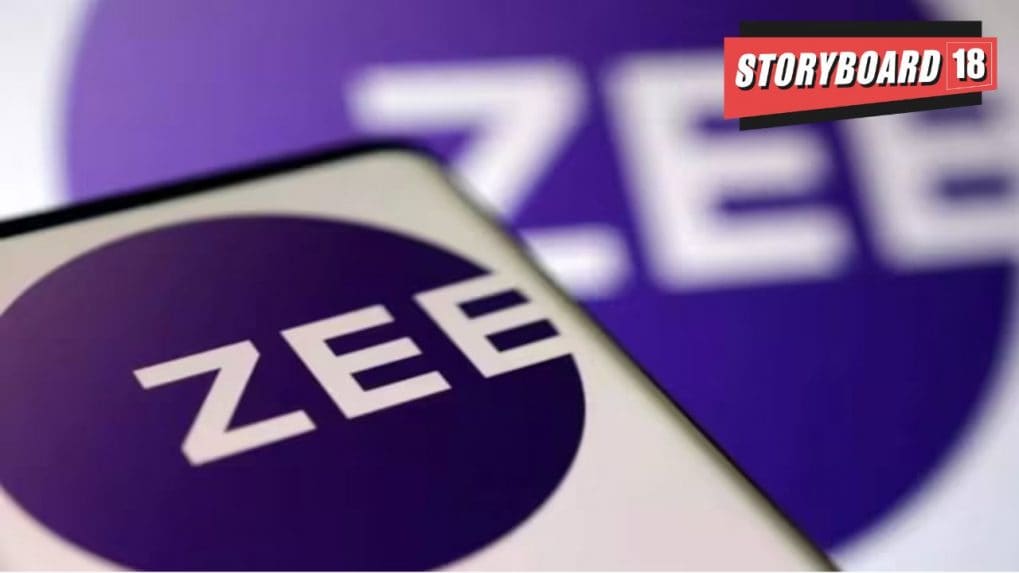Digital
Why OpenAI is hiring 100 ex-bankers: Inside the ChatGPT-maker's secret project to automate Wall Street's grunt work

The Telecom Disputes Settlement and Appellate Tribunal (TDSAT) on Friday directed Sri Maruthi Digital Network to pay broadcaster Zee Entertainment Enterprises Limited (ZEEL) ₹29,14,175 by way of subscription dues outstanding as on 5 March 2021, along with simple interest at 9% per annum from 5 March 2021 until actual payment.
The case, filed under Sections 14 and 14A of the Telecom Regulatory Authority of India (TRAI) Act, 1997, revolved around unpaid dues arising from an interconnection agreement between the broadcaster and the MSO. Zee had entered into an MRP-based agreement with Sri Maruthi Digital Network in February 2019, allowing the retransmission of its channels. The agreement, initially valid until January 2020, was extended multiple times until February 2021.
According to Zee, the MSO repeatedly defaulted on payments and failed to provide Monthly Subscriber Reports (MSRs) for several months, in violation of TRAI’s regulations under the New Tariff Order (NTO-1). Zee alleged that the respondent also used a non-compliant Conditional Access System (CAS), enabling under-reporting of subscribers and causing significant financial losses.
Zee told the tribunal that under the TRAI New Tariff Order (NTO-1) regime each registered subscriber must be counted for raising broadcaster invoices and that Distribution Platform Operators / MSOs are under a fiduciary duty to supply complete and accurate Monthly Subscriber Reports (MSRs) within seven days of each calendar month.
Zee said invoices were sent to the addresses noted in the agreement, but the MSO allegedly failed to provide MSRs for December 2020, January 2021 and February 2021 and persistently defaulted on subscription payments on due dates. Zee alleged willful default which adversely affected its commercial interest.
In addition, Zee relied on an audit for 2019–20 and an email dated 24 December 2020 which informed the respondent that the Customer Application Certificate (CAS) submitted by the MSO (said to be from M/s Laxmi Remote (India) Private Limited) disclosed the installation of “Only 1 CAS” server.
The audit reportedly found that this “Only 1 CAS” server was not in compliance with Schedule III of the Telecommunication (Broadcasting and Cable) Services Interconnection (Addressable Systems) Regulations, 2017, and that the system enabled distribution platforms to under-report actual subscribers — causing significant loss to the broadcaster in terms of license fee.
Despite reminders, a dishonored cheque, and a disconnection notice in January 2021, dues remained unpaid, prompting Zee to deactivate its signals on February 18, 2021. The tribunal noted that Sri Maruthi Digital Network admitted to having dues of over ₹19 lakh in September 2020 but failed to clear them.
With the respondent not appearing before the tribunal, the case proceeded ex parte. Justice Ram Krishna Gautam, presiding over the matter, held that Zee had proved its claims through uncontroverted evidence, including statements of accounts and invoices.
In its order, the tribunal directed Sri Maruthi Digital Network to deposit ₹29,14,175 along with 9% simple interest from March 5, 2021, until the date of payment. The amount is to be paid within two months, failing which it may be recovered through execution proceedings at the cost of the respondent. Zee was represented by advocates Payal Kakra and Tanya Gupta.
From purpose-driven work and narrative-rich brand films to AI-enabled ideas and creator-led collaborations, the awards reflect the full spectrum of modern creativity.
Read MoreIn a wide-ranging interview with Storyboard18, Sorrell delivers his frankest assessment yet of how the deal will redefine creativity, media, and talent across markets.